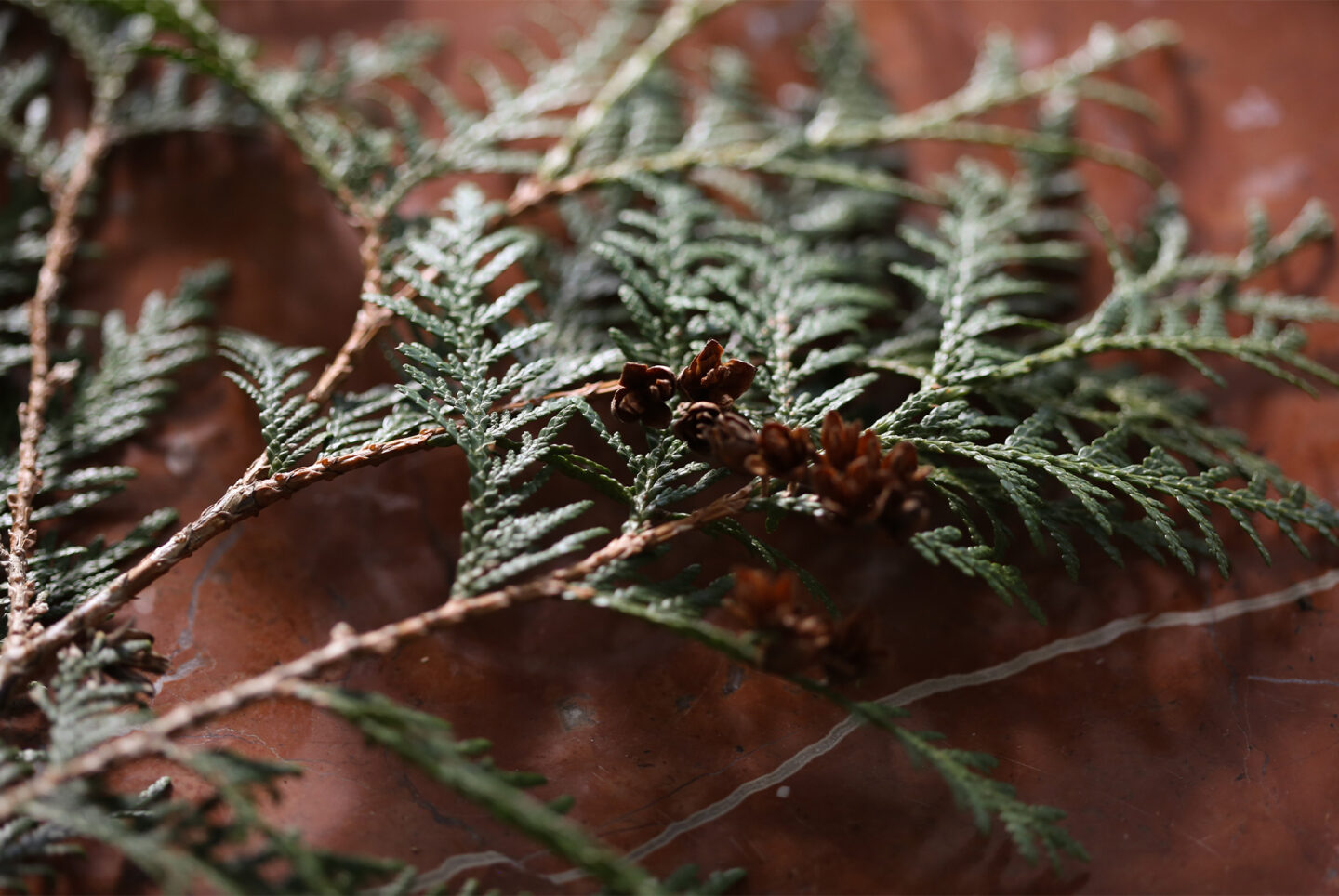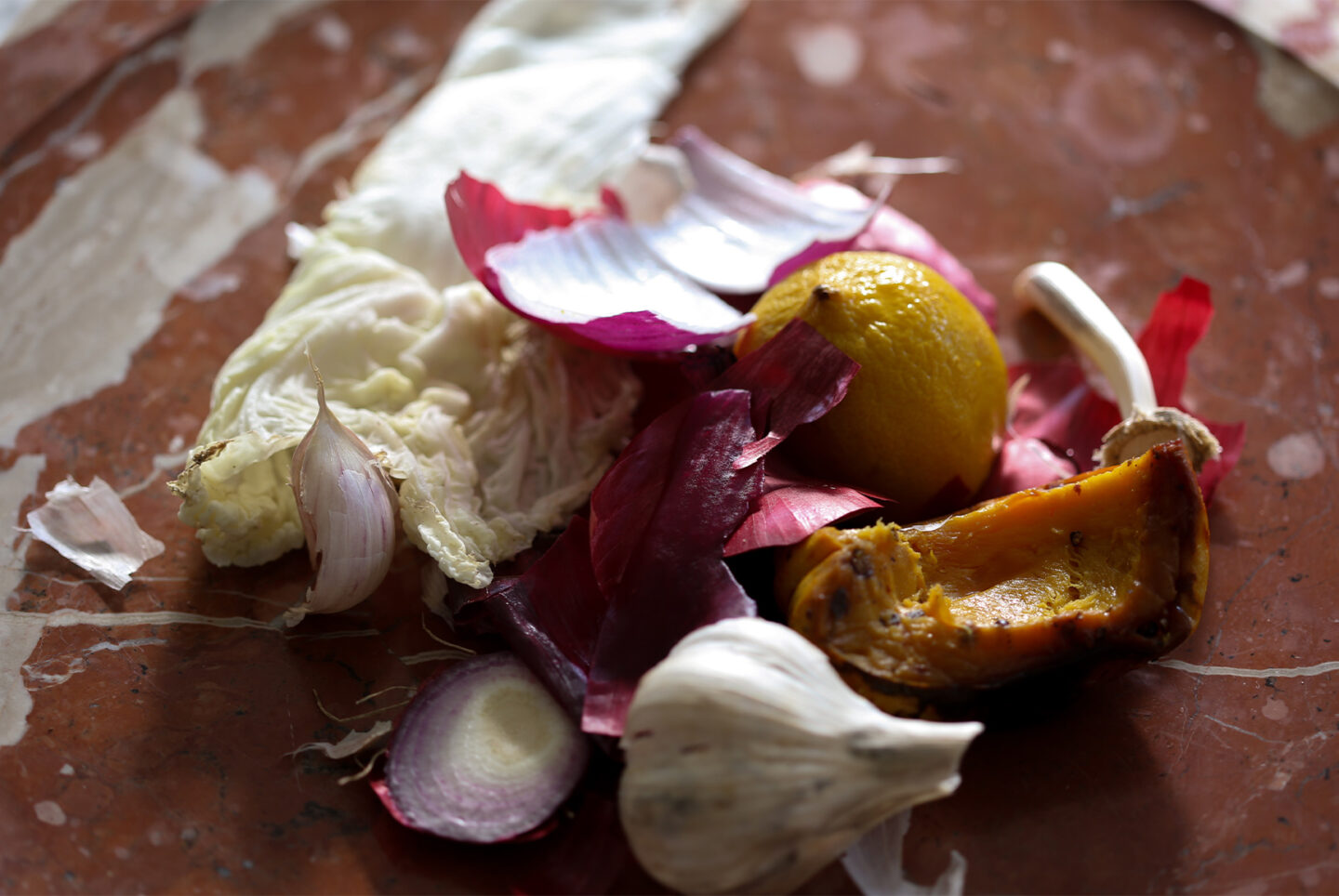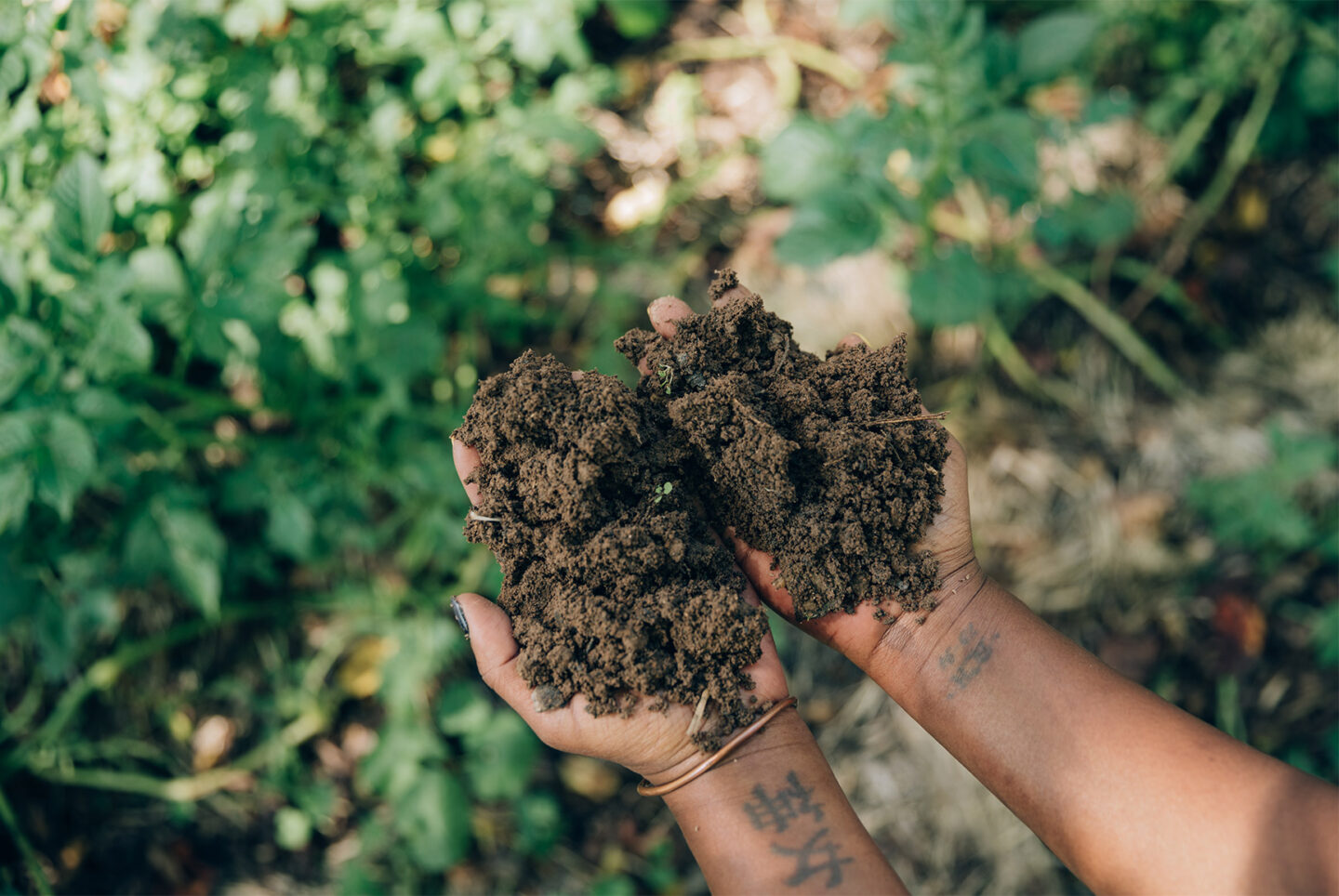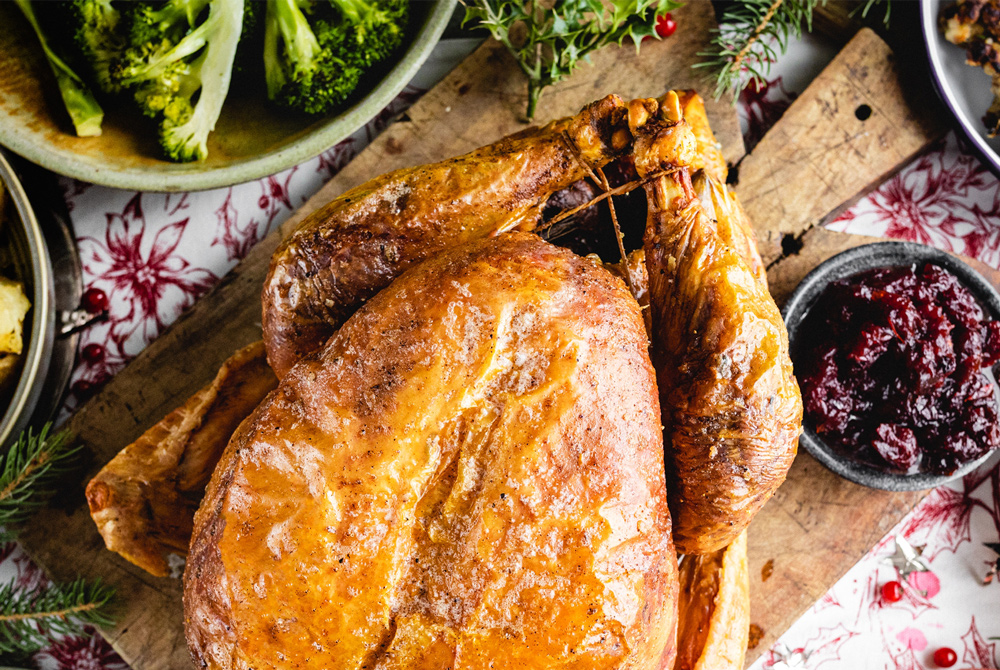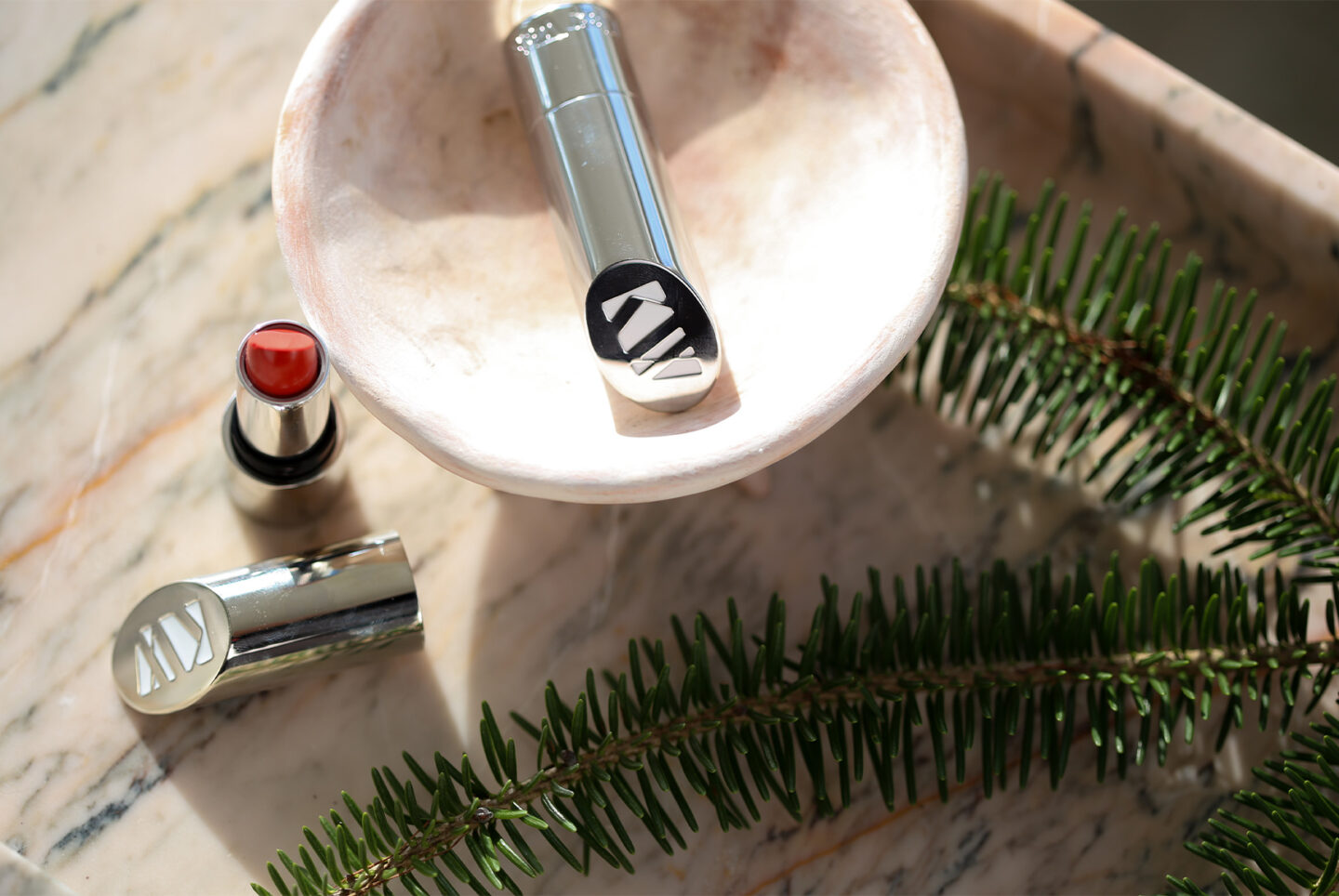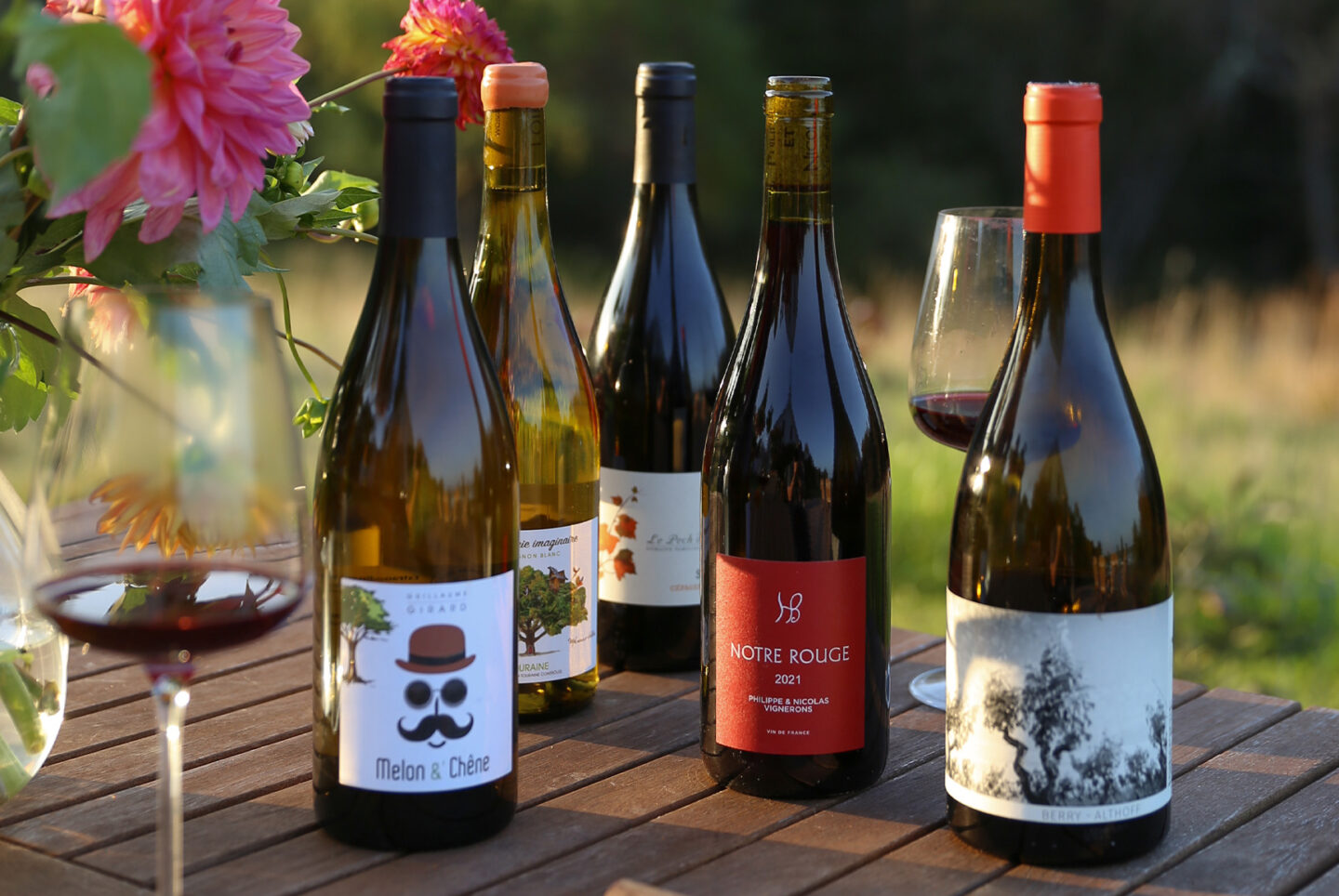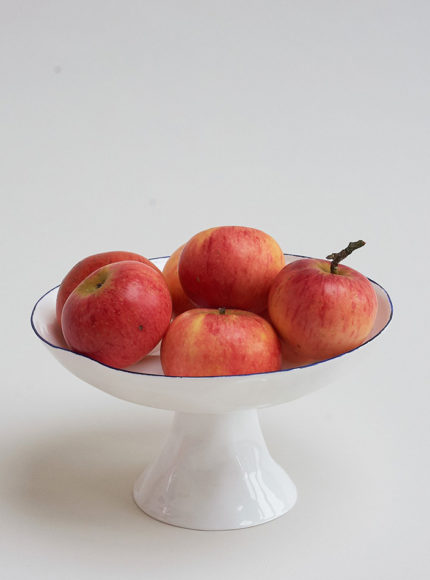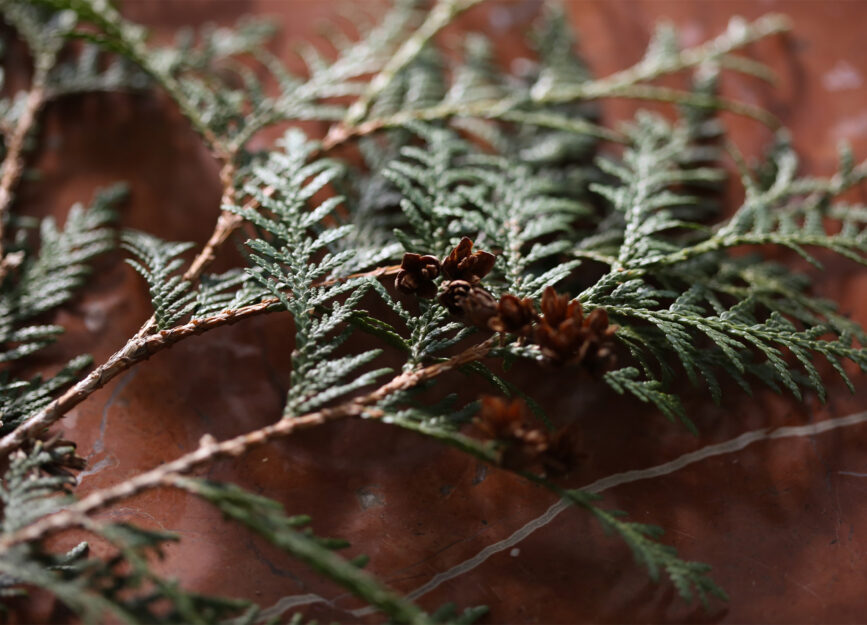

@corahilts
@kjaerweis by @corahilts




@corahilts
Lifestyle
Our Top Tips for a Sustainable Christmas
Here at Rêve En Vert we love the Holidays, but as with everything we always look at this time as a way to make conscious changes, and even encourage your friends and family to do the same in leading by example. From planning menus that focus on seasonal, local and hopefully even organic food to ditching Amazon in favor of finding independent, heartfelt gifts here are some of the tips that we as a team practice and we hope you might find some inspiration from!
Thank you to all the brands that made this editorial possible. While the brands in this article paid to be featured, Reve only works with sustainably minded brands that the team loves and uses ourselves.
If you’d like to market your sustainable brand with us, please contact taylorb@revenvert.com.
Tip 1: Plan a menu that is seasonal, local and organic whenever possible with a lot of plant based or plant forward dishes.
The Holidays are so often a time of indulgence, but after our collaboration with Farmer’s Footprint this year we feel strongly that looking for organic, small-scale and regenerative food for your Holiday table is so important. And by choosing to have more plant based options on the table, you can additionally lower your carbon footprint! Our go to? A simple roast squash.
Please listen to our podcast with the legendary Alice Waters on the importance and pleasure of the Slow Food movement to learn more!
Tip 2: If you’re getting a Christmas tree, try and source one locally and from a sustainable tree farm. Or you can rent one!
Also, when done with your tree make sure to compost it or see if a local service will pick it up for you. If you are in London, Haeckels often offers a drop off at their Broadway Market store to upcycle old trees into candles!
Tip 3: Avoid Amazon and shop independent, smaller businesses who are trying to make a positive impact in the world.
According to Reuters, Amazon forecast revenue in the range of $160 billion and $167 billion for the all-important holiday quarter this year – a staggering amount of money for one company to make. Let’s spread the wealth and also try and support our smaller, more sustainably minded businesses who are operating in much better ways.
Some of our top places for easy sustainable gifting for nearly everyone include Flamingo Estate, Christy Dawn and Bookshop.org.
Tip 4: Try alternative wrapping methods.
In the United States, an additional five million tons of waste is generated over Christmas, four million of which is wrapping paper and shopping bags. In the UK, consumers use approximately 227,000 miles of wrapping paper each year, and will put what equates to 108 million rolls of wrapping paper in the trash. This year, why don’t you try using reusable cloth or totally biodegradable wrapping paper from small artists – like Cambridge Imprint in the UK.
Tip 5: Go for all natural decor.
Christmas time generates 125,000 tonnes of plastic on average and we need to stop buying one time things and decor that does not last. A great alternative? See what you can forage to make a beautiful garland, or use dried flowers in your wreaths, trees and wrapping to make them even more gorgeous and totally biodegradable at the end of life.
Tip 6: Embrace composting!
Each year, the average American family of four loses $1,500 to uneaten food — that’s about 1,160 pounds of food that simply goes to waste. Even worse, these numbers tend to increase around the Holidays. Composting is nature’s way of recycling. It is one of the most powerful actions we can take to reduce our trash, address climate change, and build healthy soil. By turning our food scraps and yard trim into compost, we can transform our waste streams into a beneficial, value-added soil amendment and use it to protect the environment and create resilient communities. Everything from your leftover scraps and veggies to your Christmas tree and wreath can be composted with a little bit of effort, and for people with lack of access to easy composting we suggest looking into a Lomi machine!
Tip 7: Remember that a charitable donation makes a great stocking filler.
As a gift to yourself or your loved ones, why not give back this year to some of the people who are making the most impact on our planet – Farmer’s Footprint. Some of the best gifts are the ones that are not a physical product that goes on to perpetuate the destructive consumption and waste cycle, but gifts that are a token of thoughtfulness and a symbolism of deeper understanding of the values that the receiver holds. Why not give the gift of regeneration this year and seek solace in the fact that nothing goes to waste when people and the planet are being supported in effect!
Tip 8: If you’re going to serve meat, try and do it from regenerative sources.
We all know that the meat industry is rife with issues from animal cruelty to habitat loss to use of antibiotics and hormones. But what if we told you there was a way to enjoy meat through companies looking at it in a beautiful way – using animals to regenerate the land and giving them happy and healthy lives at the same time? Regenerative agriculture works in partnership with nature to make great tasting, nutrient-rich food while healing the planet. By combining agroecology and agrotechnology, regenerative agriculture approaches land management in collaboration with nature. Through focus on building soil and healing ecosystems, land stewards are increasing resilience, boosting yields, capturing carbon, increasing nutrient density, and returning hope to rural economies.
Great resources to find regenerative meat and ship nationwide here in the States are Thousand Hills and Force of Nature. In the UK, we suggest Riverford and Piper’s Farm.
Tip 9: If you’re going out to parties and want a little natural glow, opt for organic skincare and makeup!
The beauty industry can be surprisingly toxic and wasteful – according to the social justice platform TRVST, 120 billion units of trash each year come from our personal care routines. Many personal care items also create a high demand for natural oils, leading to extensive cultivation, harming natural habitats through deforestation, and contaminating soil and water through pesticides and fertilizers. As a community of individuals actively seeking to connect our lives with where we invest our time, energy, and resources, we possess the potential to shape our shared world like never before. And, the heartening news is that a community of conscious skincare enthusiasts is steadily growing, one with brands and individuals ready to answer that call…
Our go to organic makeup line is Kjaer Weis and our current favorite natural skincare is The Golden Secrets!
Tip 10: For some sustainable Christmas tipples, opt for organic, biodynamic wines.
Organic wines are a surprisingly rare luxury: only 5% of global vineyards are organic. Additives used in winemaking are like pesticides used in farming; they are lab made chemicals that make production easier, faster, and cheaper. For instance, mass producers use l fining agents to reduce a wine’s haziness; these typically include animal products with lots of protein or gelatin to bind to the solids in a wine, including egg whites, bull’s blood, or fish bladders. They also use defoaming agents, preservatives and even colorants to change a wine’s color, and so on. Natural Wines are often organically farmed (at minimum) and typically grown without irrigation, never vying for other industrial farming techniques, by smaller wine makers.
Our go to’s are Dry Farm Wines and Vivanterre! Check our Cora’s podcast with Todd White of Dry Farm Wines HERE!
Tip 11: Track your personal carbon footprint with The Commons app to help make changes!
Help your loved ones track their carbon emissions, offset their carbon, and learn more about sustainable living – all with one amazing app by our friends at Commons. The app is the perfect gift for the person in your life that needs to make some green switches and learn a bit more about how unsustainable their habits may be. It is a personalized, data driven app that shares practical tips to lower your carbon footprint and build a lifestyle that is more in line with the planet. You can even help your loved ones save money – in 2022 Commons users reduced their footprint by an average of 10% and saved $200 a month! Their offsets are a way to compensate for our unavoidable emissions. Commons supports a vetted, diverse portfolio of climate projects that are evaluated to lower emissions, support local communities, and restore ecosystems. The perfect gift for anyone in your life!




















